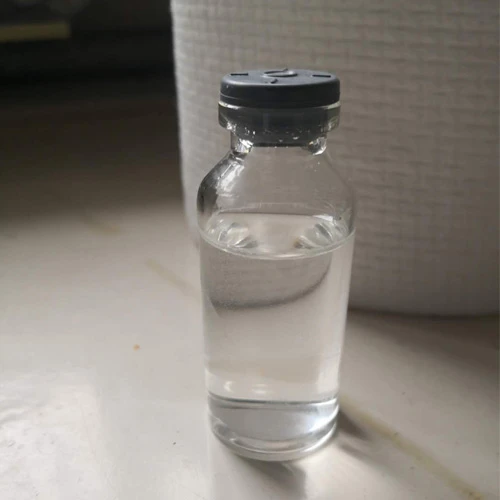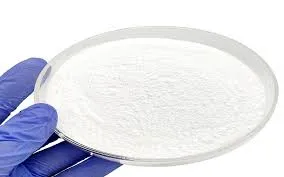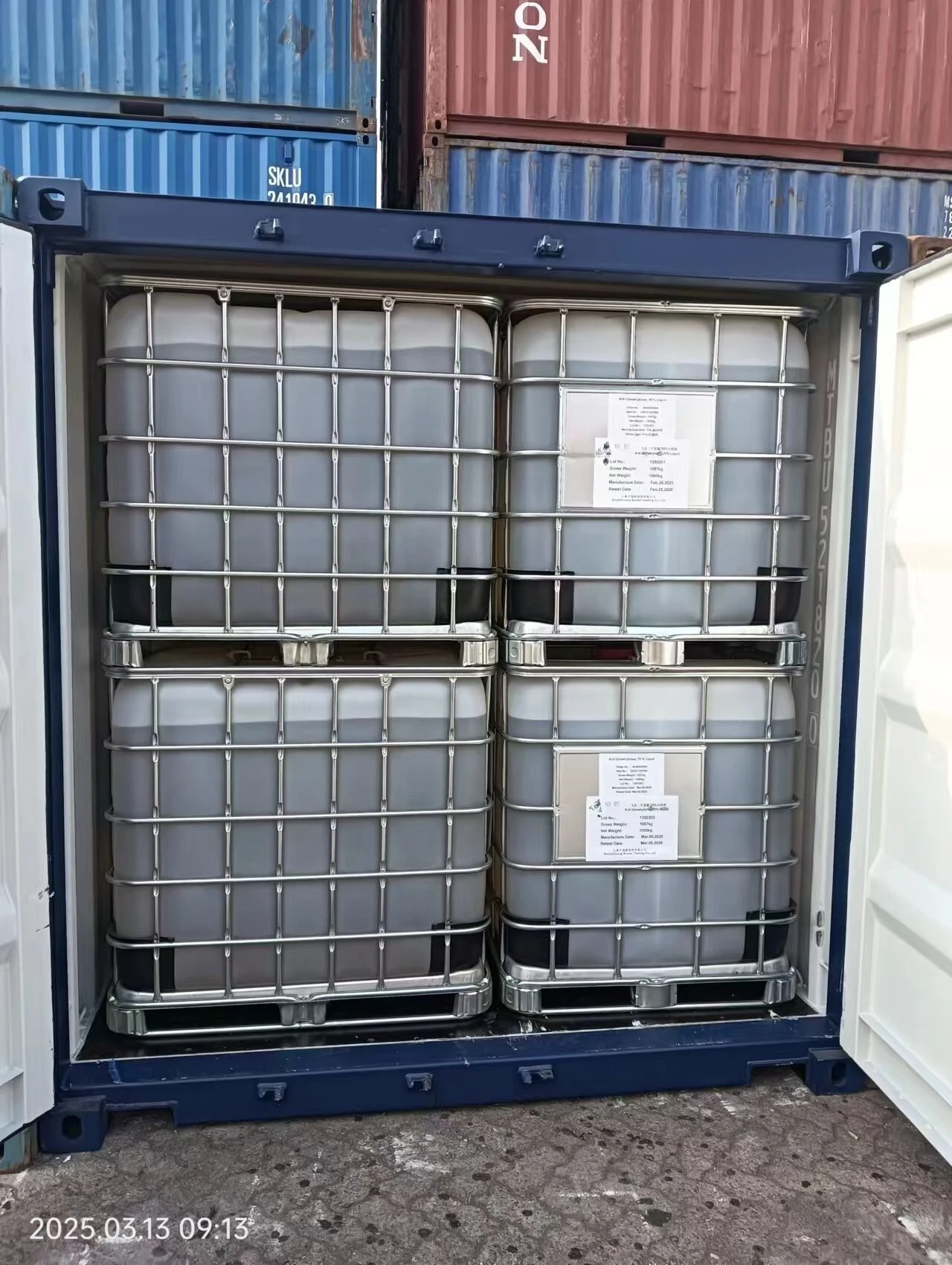API in pharmaceuticals stands for Active Pharmaceutical Ingredient. It refers to the biologically active component of a drug that produces the intended therapeutic effects. APIs are the primary substances responsible for the drug's action, whether it is to treat, cure, prevent, or diagnose a disease. In pharmaceutical manufacturing, APIs are often synthesized or extracted and then formulated with other inactive substances, known as excipients, to create the final drug product. The API's purity, potency, and quality are critical for ensuring the safety and efficacy of the medication.
- Product Name
- CAS No.
-
 28523-86-6
28523-86-6 -
 119615-63-3
119615-63-3 -
 658-79-7
658-79-7 -
 26675-46-7
26675-46-7 -
 64887-14-5
64887-14-5 -
 4857-44-7
4857-44-7 -
 51828-93-4
51828-93-4 -
 51828-94-5
51828-94-5 -
 51828-95-6
51828-95-6 -
 66872-75-1
66872-75-1 -
 3230-94-2
3230-94-2 -
 13115-71-4
13115-71-4 -
 71-00-1
71-00-1
What Are The Active Pharmaceutical Ingredients Called?
Active Pharmaceutical Ingredients are often simply referred to as "active ingredients". These ingredients are the core elements of pharmaceutical products that interact with biological systems to achieve the desired health outcomes. They are the substances that directly impact the treatment of conditions and are distinguished from inactive ingredients, which serve as carriers or enhancers but do not contribute to the drug's therapeutic effects.
Read Our Latest News

Aug.29,2025
Sevoflurane vs Propofol: Which Anesthetic is Better?
When selecting an anesthetic, medical professionals must carefully consider factors such as patient safety, recovery time, and pharmacological properties.
Read More
Aug.29,2025
Isoflurane Anesthetic for Dental and Outpatient Procedures: A Clinical Perspective
As an established active pharmaceutical ingredient in inhalation anesthesia, isoflurane continues to play a significant role in dental and outpatient surgical procedures.
Read More
Aug.29,2025
Environmental Impact of Isoflurane and the Rise of Green Anesthesia Practices
The medical community faces increasing scrutiny regarding the environmental consequences of volatile anesthetic agents, particularly isoflurane, a widely used active pharmaceutical ingredient in inhalation anesthesia.
Read More
